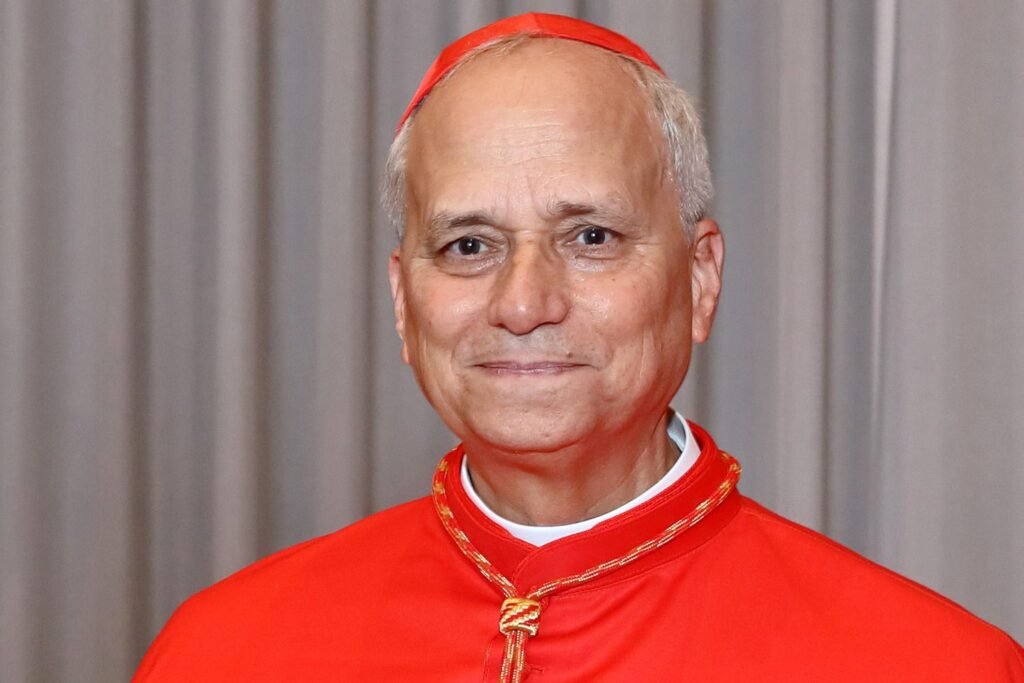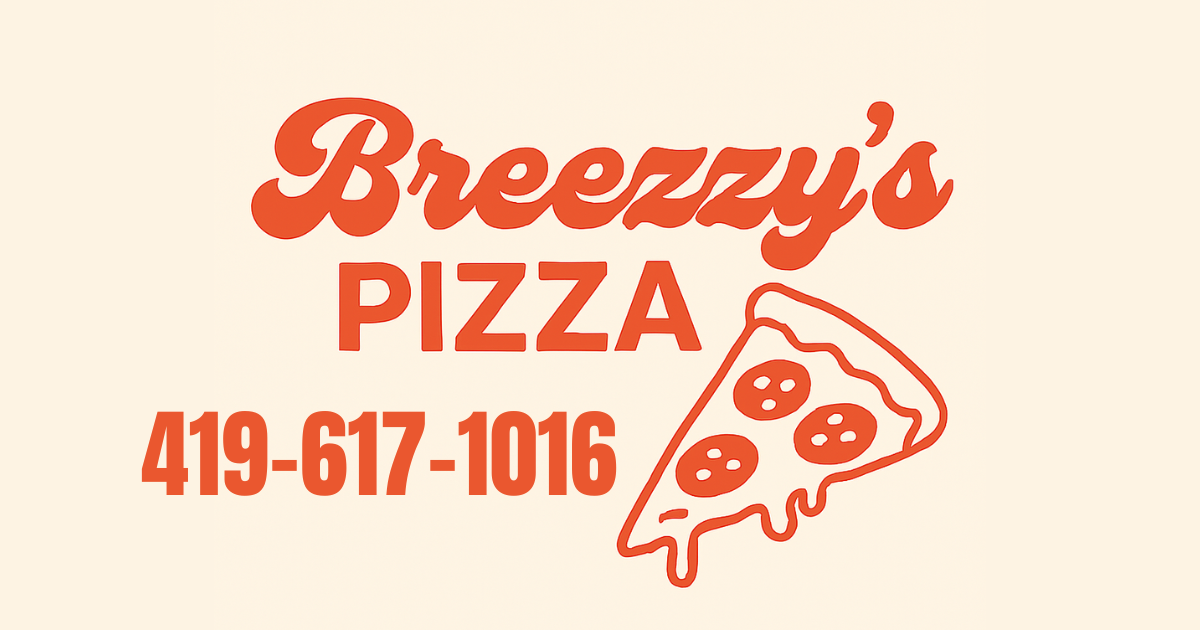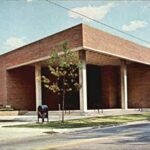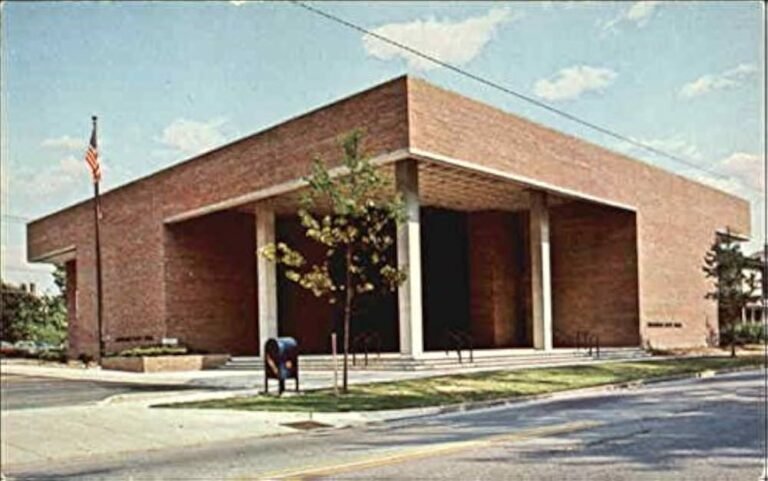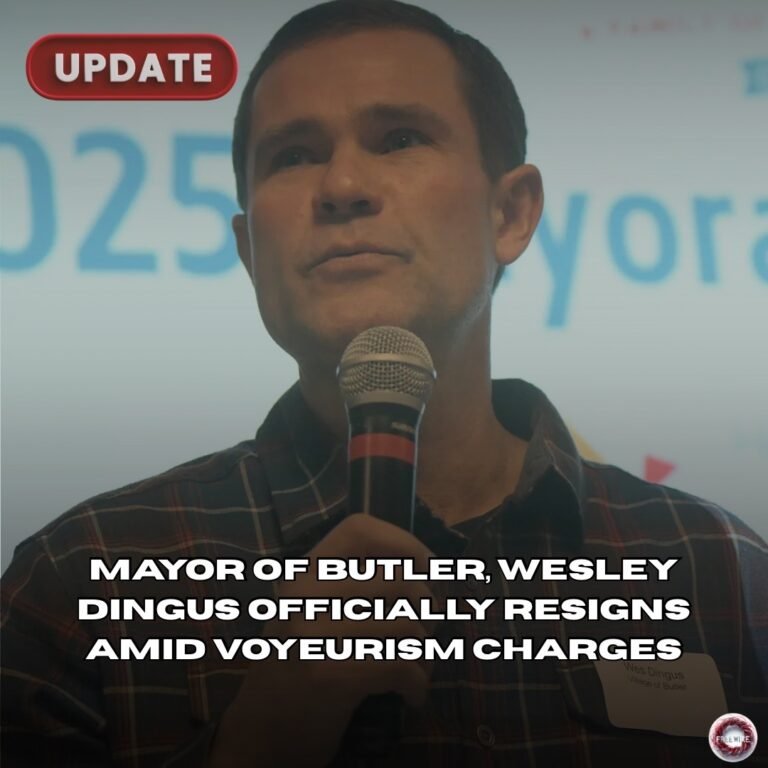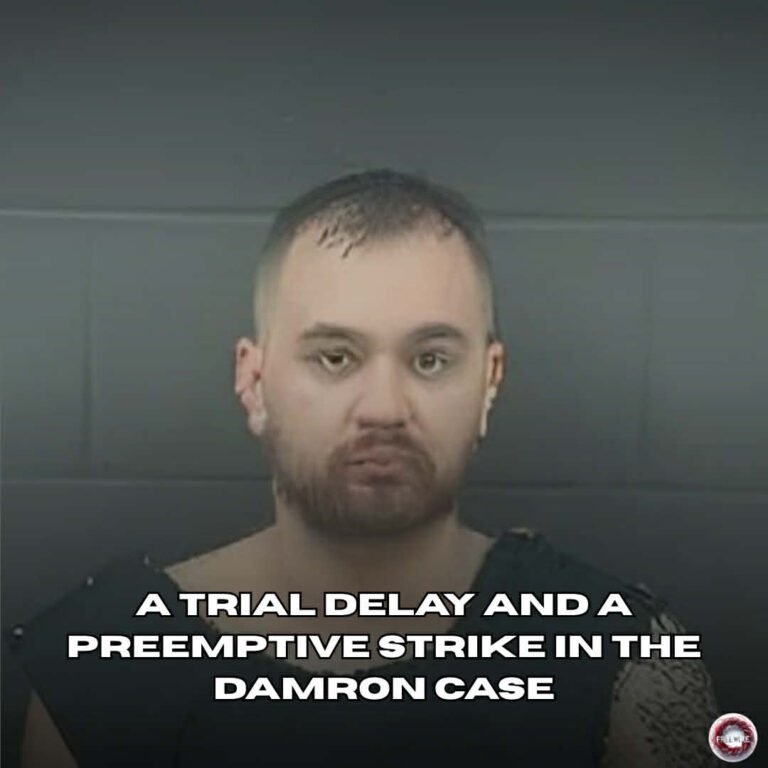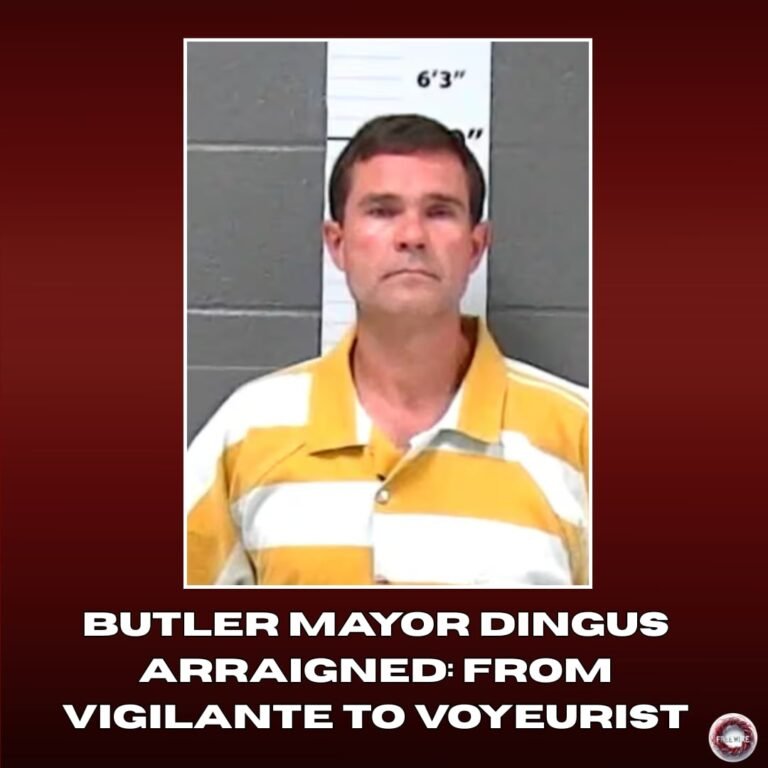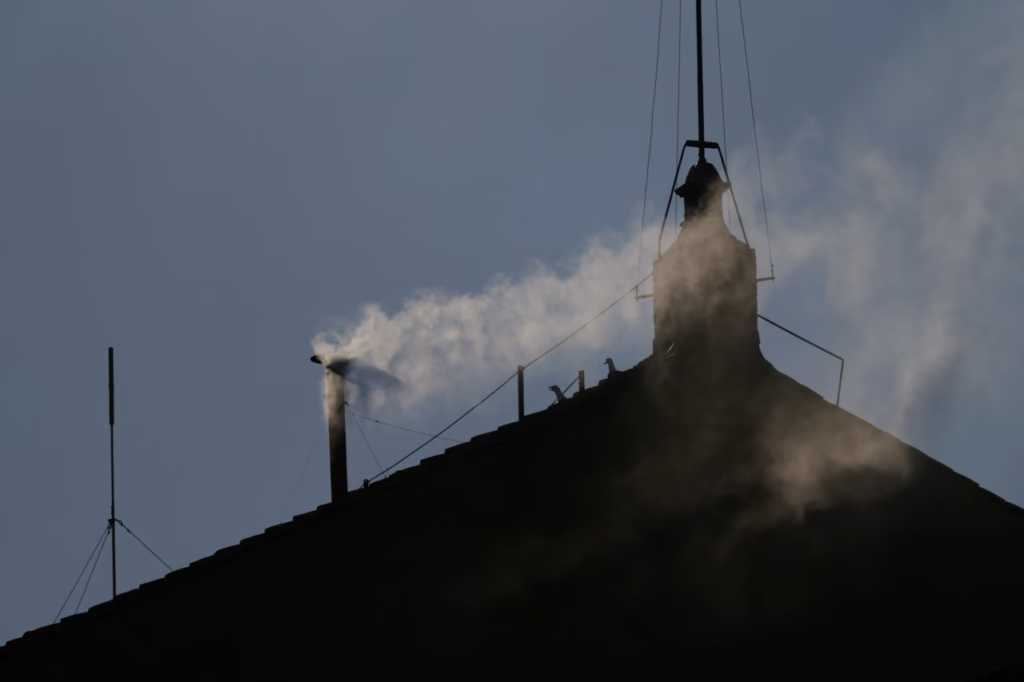
In a moment that rewrites nearly 2,000 years of church history, white smoke rose over Vatican City Thursday evening, signaling not just the election of a new pope—but the arrival of the first American to ever wear the papal ring.
Cardinal Robert Francis Prevost of Chicago has officially been elected as the 267th pontiff of the Roman Catholic Church, taking the name Pope Leo XIV. At 69 years old, Leo XIV becomes the spiritual leader of over 1.3 billion Catholics worldwide, assuming the role in the wake of Pope Francis’ death just weeks ago.
The selection stunned many, not because Prevost wasn’t qualified—he’s served as bishop in Peru, oversaw global bishop appointments, and speaks fluent Spanish—but because an American pope has long been considered a near-impossibility. The Vatican has historically been wary of placing the papacy in the hands of someone from a global superpower, particularly one as geopolitically entangled as the United States.
But this conclave wasn’t interested in tradition for tradition’s sake.
Shortly after the smoke cleared, the announcement rang out from St. Peter’s Basilica: “Habemus Papam”—we have a pope. A few moments later, Leo XIV stood before the crowd, his voice firm but warm. While his first words were reverent, insiders say his agenda might be anything but business-as-usual.
Why This Matters
The Catholic Church is facing one of the most turbulent chapters in its modern history. Decades of abuse scandals, declining attendance in Europe and the Americas, political polarization, and digital-age disillusionment have left many Catholics feeling unmoored. Pope Leo XIV now inherits all of it.
His previous role as Prefect of the Dicastery for Bishops gave him global reach—and influence. Under his leadership, the Church’s bishop appointments began to reflect a more pastoral, grounded approach, in the mold of Pope Francis. Expect Leo XIV to continue that direction, but with a uniquely American confidence—and perhaps, a bit more bite.
The Name Game
The choice of Leo is significant. Past Popes bearing that name have been known for strength, reform, and, in some cases, confrontation. Pope Leo I was the man who convinced Attila the Hun to turn around. Leo XIII? A social reformer who leaned into workers’ rights and modernized the Church’s take on science and politics.
Choosing “Leo” sends a message: this isn’t a caretaker papacy. It’s a reset.
What Comes Next
While much of the world will be watching how Leo XIV addresses long-standing issues like clerical abuse, LGBTQ+ inclusion, and the role of women in the Church, others are just curious what an American pope will feel like. Will he weigh in on U.S. politics? Will he approach global diplomacy with more boldness? Will he modernize the Vatican’s increasingly digital reach?
Time will tell.
But for now, the Church—and the world—has a new shepherd. One born in Chicago, shaped in Latin America, and now seated in the most powerful pulpit on Earth.
God help him.
